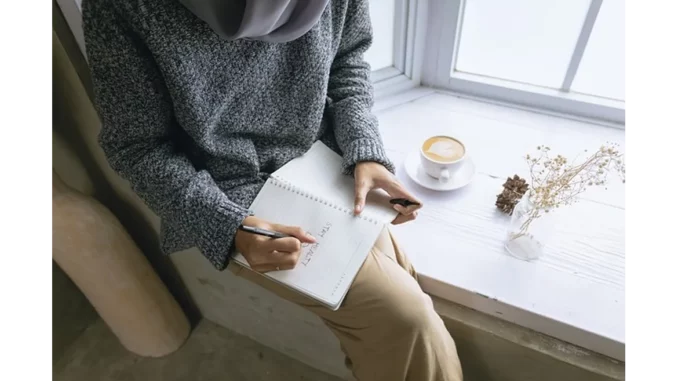
In the midst of a global pandemic, advice from health authorities has become a lifeline. Yet, it is often the personal experiences of individuals that truly resonate. I recently had the opportunity to sit down with Emma Harper, a nurse who has worked tirelessly on the front lines of COVID-19. She shared her deeply personal and professional insights on the necessity of staying home and self-isolating when symptoms arise.
Elegancia – Wellness and tranquillity in the comfort of your home.
Emma’s journey through the pandemic began like many others – with confusion and uncertainty. “In the early days, there was so much we didn’t know,” she recalled. “Every day brought new information, new guidelines. But one piece of advice remained constant: if you have symptoms, stay home and self-isolate.”
Her own experience with COVID-19 came unexpectedly. “I was meticulous about following all the preventive measures,” she said. “But one day, I woke up with a sore throat and a slight fever. I knew I had to act immediately.”
Emma’s first step was to isolate herself from her family. “I went straight to the guest room and informed my husband and kids. It was tough, especially with young children who didn’t fully understand why Mummy couldn’t be with them.”
Following the WHO’s advice, Emma began her 10-day isolation period from the onset of her symptoms. “The first few days were challenging,” she admitted. “I felt guilty for not being able to help my colleagues at the hospital. But I knew that staying home was the best way to protect them and my family.”
Emma emphasised the importance of communication during this time. “I called my health care provider and described my symptoms. They were supportive and guided me on the next steps. It’s crucial to reach out to professionals for advice rather than trying to manage everything on your own.”
As the days went by, Emma’s symptoms fluctuated. “There were days when I felt almost normal, and others when the fatigue was overwhelming,” she shared. “But I kept reminding myself that this period of isolation was not just about my recovery but preventing the spread to others.”
Emma’s experience highlights a critical aspect that many overlook – the necessity of extending isolation beyond just the cessation of symptoms. “I followed the recommendation to stay isolated for an additional three days after my symptoms ceased,” she explained. “It’s those last few days that are crucial because you can still be contagious even if you feel better.”
The support Emma received from her community was heart-warming. “Neighbours dropped off groceries and meals at our doorstep. It was a reminder that we were all in this together, even if we had to stay apart.”
Emma’s professional background gave her a unique perspective on the broader impact of individual actions. “Every person who isolates when they’re symptomatic is potentially preventing dozens of new cases. It’s a ripple effect,” she noted.
She also touched on the emotional aspect of isolation. “Being isolated can take a toll on your mental health. I made it a point to stay connected with loved ones through video calls. It’s important to take care of your emotional well-being during this time.”
Reflecting on her experience, Emma offered some practical advice for others. “Prepare a ‘COVID kit’ with essentials like a thermometer, over-the-counter medicines, and a list of emergency contacts. Having these ready can make the isolation period less stressful.”
She also stressed the importance of staying informed. “Keep up with the latest updates from reputable sources like WHO and local health authorities. The information can change, and staying informed helps you make the best decisions for your health.”
Emma’s story is a powerful reminder of the collective responsibility we all share. “Staying home and self-isolating might seem like an inconvenience, but it’s a small sacrifice for the greater good,” she said. “We all have a role to play in this fight against COVID-19.”
In closing, Emma’s words resonate deeply. “Remember, self-isolation is not just about protecting yourself – it’s about protecting everyone around you. By staying home, you’re contributing to the safety and well-being of your community.”
Her experience is a testament to the power of individual actions in the collective battle against the pandemic. As we navigate these challenging times, let Emma’s story be a beacon of hope and a call to action for us all.
Maz Ali


Be the first to comment